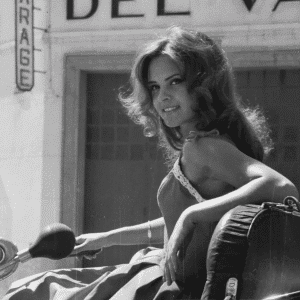The 1972 Oscars remains a captivating snapshot of a time when Hollywood was in the midst of a transformation, showcasing the best of both old and new cinema. Unlike today’s ceremonies, which often feel like grand displays of glamour over substance, the 1972 Academy Awards was an event rooted in authenticity, honoring not only the best in film but also the evolving cultural landscape.
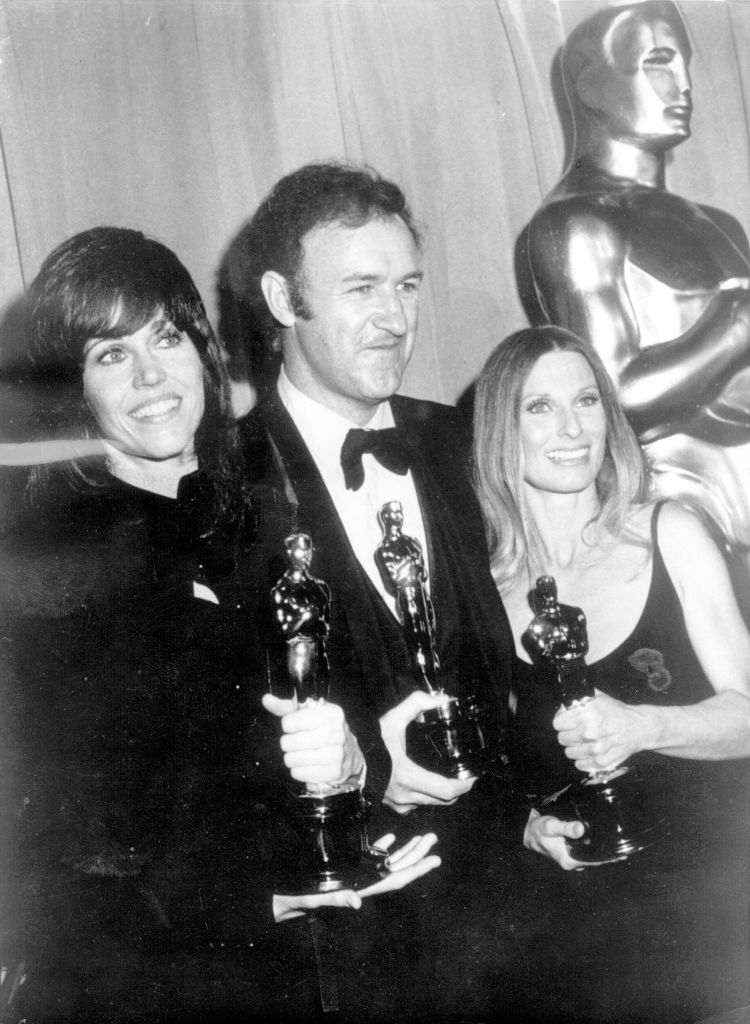
From iconic wins to unforgettable moments, the 44th Academy Awards was filled with genuine joy and appreciation for the craft, making it one of the most memorable ceremonies to date. But what made it so unique? Let’s explore the highlights that make the 1972 Oscars stand out as a timeless celebration of film.
A Year of Iconic Films and Unforgettable Wins
1972 was a milestone year for cinema, with films that would go on to become cultural landmarks. The French Connection dominated the night, winning five Oscars, including Best Picture, Best Director for William Friedkin, and Best Actor for Gene Hackman. This gritty thriller set a new standard for action films with its realistic approach and intense chase scenes. Hackman, in particular, was lauded for his powerful portrayal of Detective Jimmy “Popeye” Doyle, a role that earned him his first Academy Award.
Stanley Kubrick’s A Clockwork Orange, with its controversial yet visionary storytelling, was another highlight. Though it didn’t win, its presence marked a shift towards more daring and experimental films being recognized by the Academy. Meanwhile, Fiddler on the Roof charmed audiences, breathing life back into the musical genre, and The Last Picture Show, directed by Peter Bogdanovich, earned eight nominations. With its evocative black-and-white cinematography, the film’s exploration of small-town life struck a chord with audiences and critics alike.
Glamour Returns: Hollywood Style at Its Best
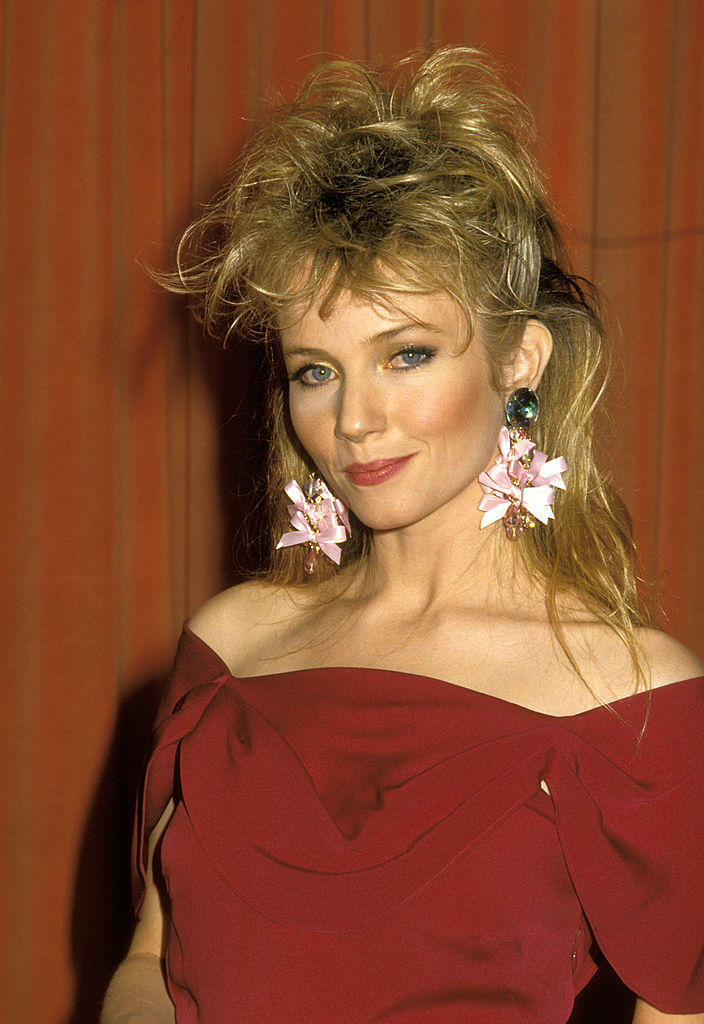
The 1972 Oscars brought back a sense of old-school Hollywood elegance. Gone were the hippie fashions and fringes that had previously dominated the red carpet. This year, stars arrived in flowing gowns, chiffon, brocade, diamonds, and furs, creating a spectacle of timeless beauty.
Even Jane Fonda, who was known for her bold fashion choices, opted for a sleek pant suit, turning heads on the red carpet. Reporters noted the return of glamour, with stars showing “plenty of cleavage” and exuding the effortless style that once defined Hollywood.
A Night of Powerful Performances and Historical Moments
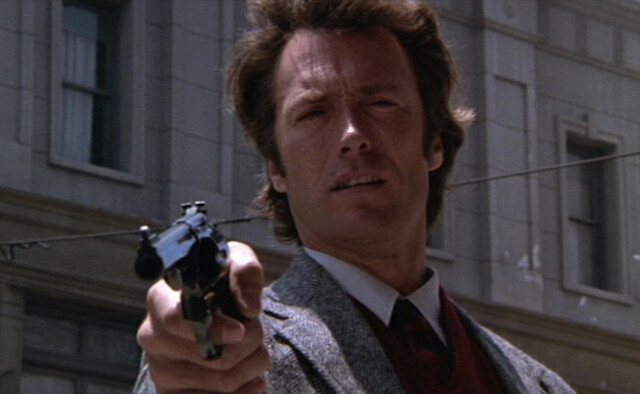
The 1972 Oscars wasn’t just about celebrating films—it was a night filled with unforgettable performances and emotional milestones. Music icon Isaac Hayes made history as the first African American to win an Oscar for Best Original Song with Theme from Shaft. His live performance on stage, shirtless and draped in chains, electrified the audience. Surrounded by dancers and smoke, Hayes’ moment not only showcased his incredible talent but also marked a pivotal point in Oscar history.
Another significant moment was the farewell appearance of Hollywood legend Betty Grable. Known as the ultimate pin-up girl during World War II, Grable attended the ceremony in a stunning turquoise gown. She had been a major Hollywood figure in the 1940s and ‘50s, and her presence that night reminded everyone of the golden age she helped shape. Sadly, it was one of her last public appearances, as she passed away the following year.
The Return of Charlie Chaplin: An Emotional Homecoming
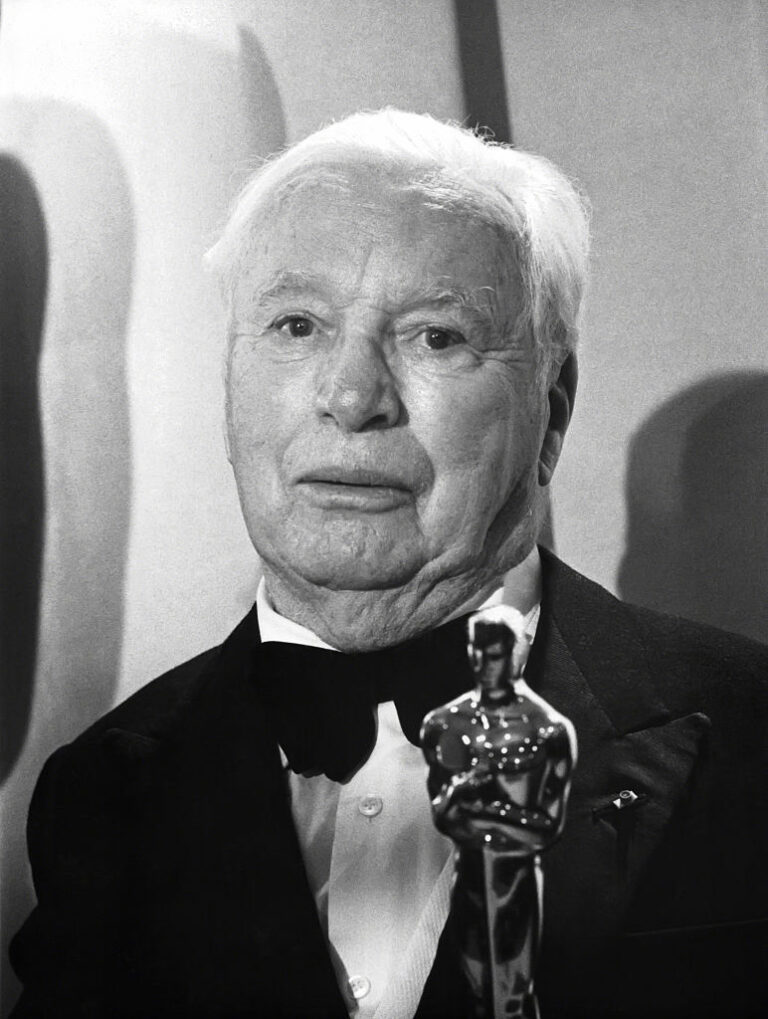
The most heartwarming moment of the night was when Charlie Chaplin returned to Hollywood after a twenty-year absence. Chaplin, who had been exiled due to accusations of communist sympathies, received an honorary Oscar that night. The standing ovation lasted a remarkable 12 minutes—the longest in Oscar history. As he stood on stage, visibly moved, Chaplin’s presence was a poignant reminder of cinema’s power to transcend political differences.
His speech was humble yet heartfelt: “Oh, thank you so much. This is an emotional moment for me. And words are so feeble and futile. Thank you for the honor of inviting me here. You are wonderful, sweet people.” Chaplin’s return was symbolic, representing Hollywood’s willingness to acknowledge its past and celebrate a man who had shaped the industry.
A Unique Blend of the Old and the New
The 1972 Oscars was a celebration of Hollywood’s rich history while also showcasing its future. Legendary stars like Jane Russell and Macdonald Carey shared the spotlight with emerging talent such as Jane Fonda, Jack Nicholson, and Cloris Leachman. The red carpet was a parade of pure elegance, with each star representing a different facet of Hollywood’s evolution.
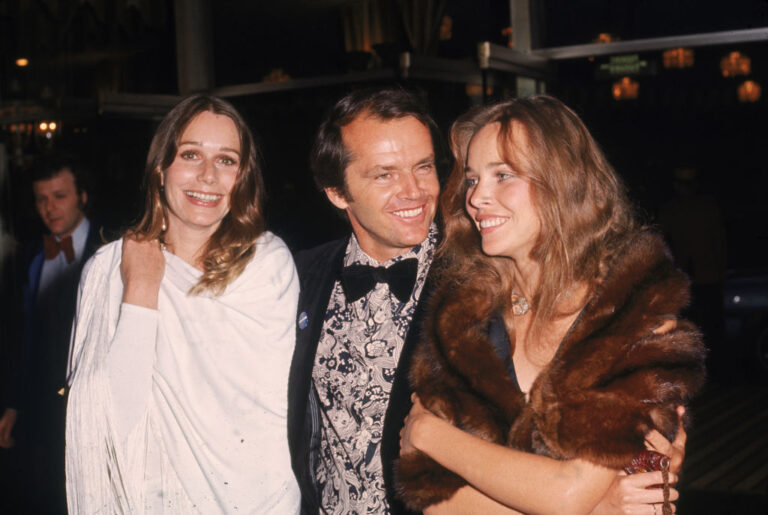
One iconic image captured from that night features Gene Hackman, Cloris Leachman, and Raquel Welch together. Hackman had just won Best Actor, Leachman had won Best Supporting Actress, and Welch, in her stunning gown, symbolized a new era of femininity in Hollywood. It was a moment that perfectly captured the essence of the 1972 Oscars: a blend of old-school glamour and a new wave of talent.
Protests and Cultural Shifts
Not all moments from the 1972 Oscars were celebratory. Protests erupted outside the Los Angeles Music Center, with demonstrators targeting Clint Eastwood’s film Dirty Harry, which they criticized for promoting police violence. The presence of these protests highlighted the ongoing cultural and political shifts of the time, as Hollywood films began addressing more controversial and socially relevant topics.
Why the 1972 Oscars Will Always Be Remembered
The 1972 Oscars holds a unique place in Hollywood history. It wasn’t just an awards ceremony—it was a celebration of change, a blend of nostalgia, and a glimpse into cinema’s future. It brought together legends like Charlie Chaplin and Betty Grable while honoring rising stars like Hackman and Fonda. It celebrated groundbreaking films that continue to inspire today and showcased unforgettable performances, like Isaac Hayes’ history-making set.
In today’s age, when the Oscars sometimes feel more like a display of wealth than a celebration of artistry, looking back at the 1972 ceremony reminds us of the authentic passion, glamour, and emotion that defined Hollywood’s golden era. For fans of cinema, it’s a night worth remembering—a time when Hollywood truly shone.
The 1972 Oscars wasn’t just an event; it was a moment in history. And as we celebrate the stars of today, it’s worth taking a look back at that night to remember why we fell in love with the movies in the first place.

